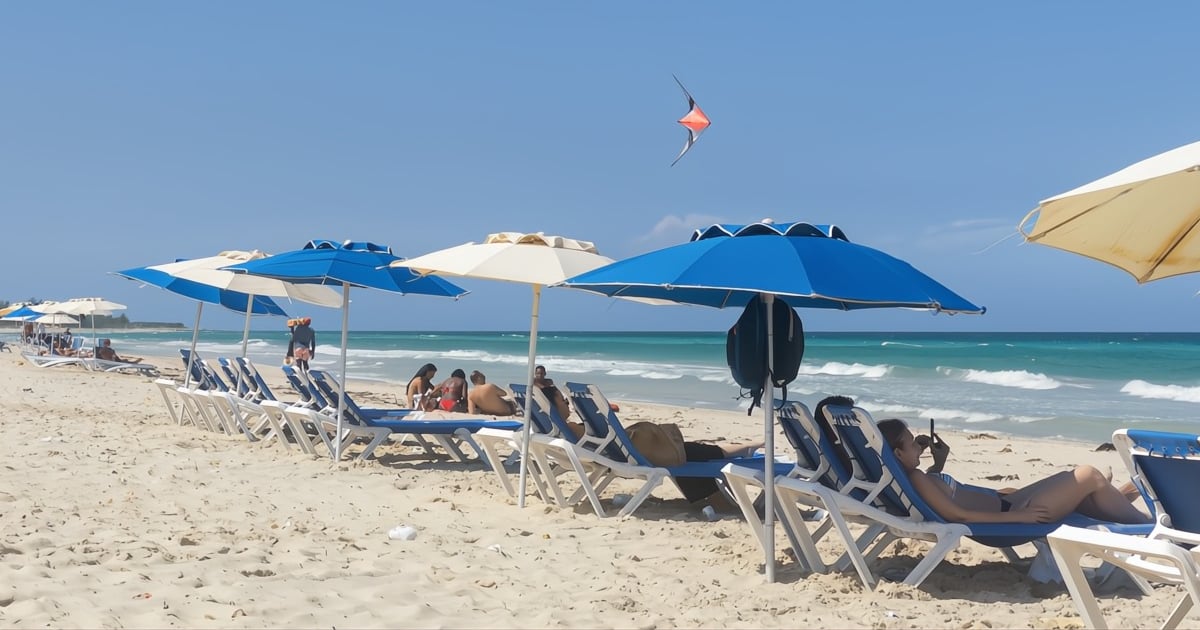The Cuban healthcare system is experiencing an unprecedented crisis that impacts not only the island's residents but also the tourists who visit. This harsh reality challenges Cuba's image as a safe travel destination and highlights a deep contradiction: while the government prioritizes investment in tourism, the collapsing healthcare system threatens this crucial sector of the national economy.
Medication Shortages: A Persistent Issue
The lack of available medicines is a severe problem facing Cuban hospitals. This shortage affects both the local population and tourists requiring medical attention. An Argentine tourist recently reported experiencing intense ear pain in Cuba and found herself unable to receive proper medical care or find medication at pharmacies. Her ordeal underscores the Cuban healthcare system's failure to meet basic needs.
Secrecy and Appalling Hospital Conditions
This summer, 26 Canadian tourists were involved in an accident, and the Cuban government kept the incident under wraps until a relative of a patient with brain damage brought attention to the delicate issue on social media. In April, a Canadian tourist required urgent surgery for appendicitis in Cuba and described her experience as nightmarish. "There is no electricity, dogs roam the hospital; it's like a horror movie," she recounted.
Another frequent issue is the ineffectiveness of health insurance. An Argentine man filed a complaint against his travel agency after his 79-year-old mother, hospitalized in critical condition in Havana, was abandoned. She needed emergency surgery, but her insurance covered only $800. After traveling to the island to care for her, he discovered the costs for surgery, treatments, and hospitalization totaled $10,000. The agency refused responsibility, yet the Cuban government unashamedly extended the bill.
Stories of overcrowded hospitals, outdated equipment, and overwhelmed staff are commonplace. These situations reveal a system not only on the brink of collapse but also affecting the experience of international visitors, who expect a basic standard of care during their stay.
Negligence, Fatalities, and Repatriation of Bodies
Claims of medical negligence have been frequent among foreign tourists. The deterioration of Cuba's healthcare system has even led to traveler fatalities. The repatriation of deceased tourists' bodies has sparked criticism, reaching the point where Cuban Foreign Minister Bruno Rodríguez Parrilla publicly apologized to the Canadian government and the family of a Canadian citizen who died in Cuba after mistakenly repatriating a body of Russian descent.
The Impact on Cuban Tourism
Tourism is one of the main revenue sources for the Cuban regime, but continuous complaints from tourists affected by the healthcare system tarnish the country's reputation as a safe destination. In a global context where health and safety are top priorities for travelers, Cuba's healthcare crisis is a significant barrier to attracting and retaining visitors.
This situation contrasts with the Cuban government's priorities, which focus more on developing tourism infrastructure than strengthening the healthcare system. Without a structural change addressing this crisis, Cuba's tourism industry will continue to decline, exposing the contradictions and weaknesses of an unsustainable economic model.
FAQs on the Cuban Healthcare Crisis and Tourism
What are the main challenges facing Cuban hospitals?
Cuban hospitals are struggling with severe medication shortages, outdated equipment, and an overwhelmed medical staff, all of which severely impact patient care.
How does the healthcare crisis affect tourists in Cuba?
Tourists face difficulties receiving adequate medical attention due to medication shortages and poor hospital conditions. This can lead to severe health risks and inadequate support from health insurance providers.
What steps are being taken to address the healthcare crisis in Cuba?
Currently, there appears to be little structural change or significant investment in strengthening Cuba's healthcare system, as government priorities remain focused on tourism infrastructure.
